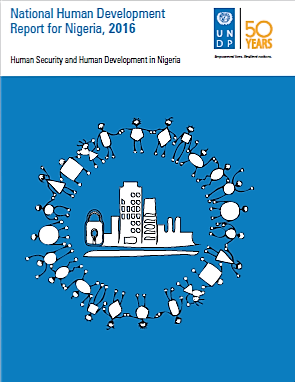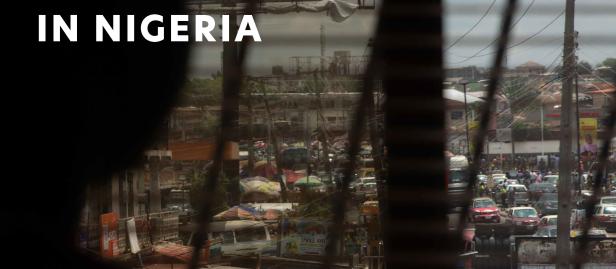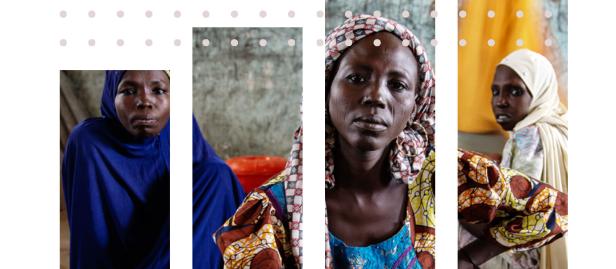National Human Development Report 2016

National Human Development Report 2016
May 12, 2016
Human security analysis is an aspect of human development analysis broadly conceived, an approach initiated by Haq, Sen and associates. The same researchers formulated human security and human development as part of the same enterprise. Human development and human security are, in fact, inseparable: whereas human development seeks to increase peoples’ options, opportunities and access to public services and goods, and emphasises what can be achieved, human security focuses on the risks, dangers, and threats to human development, evaluates the degree of confidence that people have in public services and goods, and emphasises what can be lost when human potential is thwarted (Tadjbakhsh and Chenoy, 2007).
If we see human development analysis as including attention to basic needs and to threats, disruptions and fluctuations, as it should and typically does, then human security analysis is a wing or dimension within it. If though human development analysis looks only at creation and expansion of valuable capabilities, then human security analysis adds special attention to the counterpart concerns: vulnerabilities, risks and forces of disruption and destruction. The two types of analysis can then be described as partners: “…work on human security recognises that situations are not stable, and that we must plan not only for how to fulfil aspirations but how to deal with threats and adversities, many of which are situation-specific, group-specific, intersectional” and require locally determined response (Frediani et al. 2014, p. 7).12 Human development is measured by the Human Development Index (HDI). This index actually measures the average achievements in a country in three basic
dimensions of human development: a long and healthy life, knowledge and a decent standard of living.13 The strong connection between human development and human security brings us to consider if conceptualising the human security index would be possible.
Fundamental precondition for sustainable development is empowerment of people, referring to their education. By educating them, the key barrier to human development – human mind – can be surpassed. Means for achieving sustainable human development are rule of law, respect for human rights, economic development, social development, environmental development and creation of adequate norms and regimes. Many peace-building practices around the
world reflect how development is connected to safety of people. Safe environment is a precondition for implementation of any kind of developmental projects, which further influence the wellbeing of population. A population with more satisfied basic needs is less likely to turn to violence in solving its problems.

 Locations
Locations




